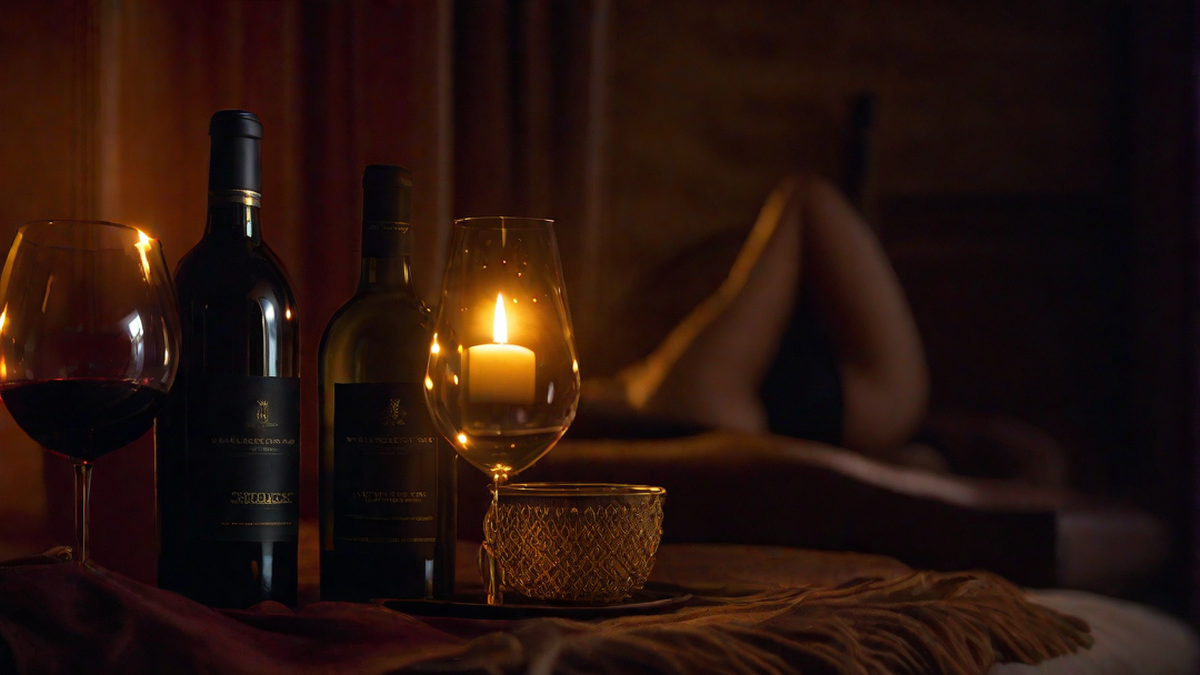Is it possible for sulfites in wine to prevent you from sleeping? As someone who enjoys wine and values a restful night, this inquiry caught my attention. I have a habit of drinking a glass of wine at night, but occasionally I have trouble falling asleep. Is it because of sulfites? Let’s delve into the research and examine this matter.
Firstly, what are sulfites? Sulfites are a group of compounds that are commonly used as preservatives in various foods and beverages, including wine. They help prevent oxidation and microbial spoilage, thus extending the shelf life of the product. In wine, sulfites are naturally present in small amounts, but they can also be added during the winemaking process.
Now, do sulfites have the potential to disrupt our sleep patterns? The short answer is no. While sulfites can cause allergic reactions in some individuals, such as headaches or respiratory problems, there is no scientific evidence to suggest that they directly contribute to insomnia or sleeplessness.
It’s important to note that the overall alcohol content in wine, rather than sulfites, plays a more significant role in affecting our sleep quality. Alcohol is a sedative, and while it may help us fall asleep faster, it can disrupt the later stages of sleep, leading to fragmented and less restorative rest.
So, if you’re experiencing difficulties sleeping after enjoying a glass of wine, it’s more likely due to the alcohol content rather than sulfites. To promote better sleep, it’s advisable to moderate your wine consumption and give yourself enough time to metabolize the alcohol before bedtime.
Additionally, other factors can influence our sleep patterns after consuming wine. The type of wine, the amount consumed, and individual sensitivity to alcohol can all have an impact. Some people may find that certain types of wine, such as red wine, have higher levels of tannins and histamines, which can contribute to sleep disturbances in sensitive individuals.
It’s always a good idea to pay attention to your body’s response to different wines and make adjustments accordingly. If you notice a consistent pattern of sleep disruption after consuming a specific wine, it might be worth exploring alternatives or discussing it with a healthcare professional.
In conclusion, sulfites in wine are unlikely to be keeping you awake at night. The alcohol content and individual sensitivity to alcohol are more significant factors in affecting sleep quality. As with anything, moderation is key. Enjoying a glass of wine can be a delightful part of winding down, but it’s essential to listen to your body and make choices that support a restful night’s sleep.
